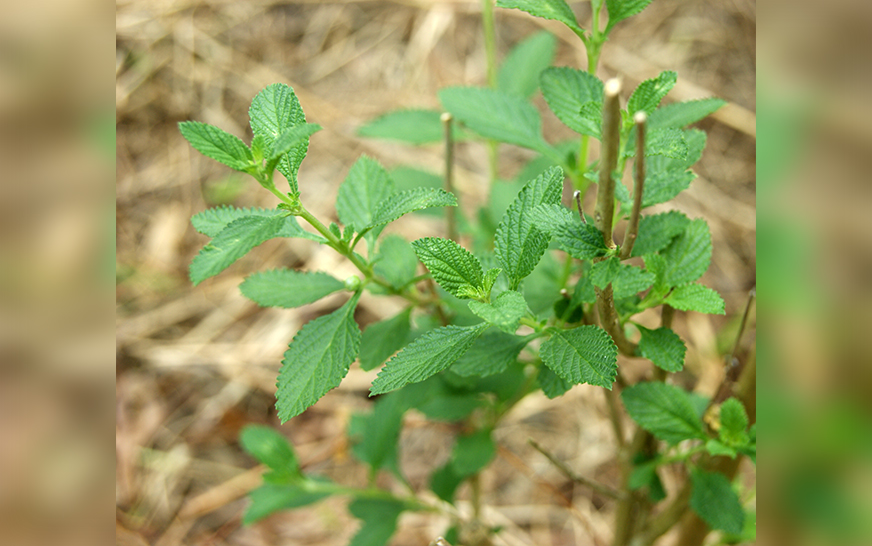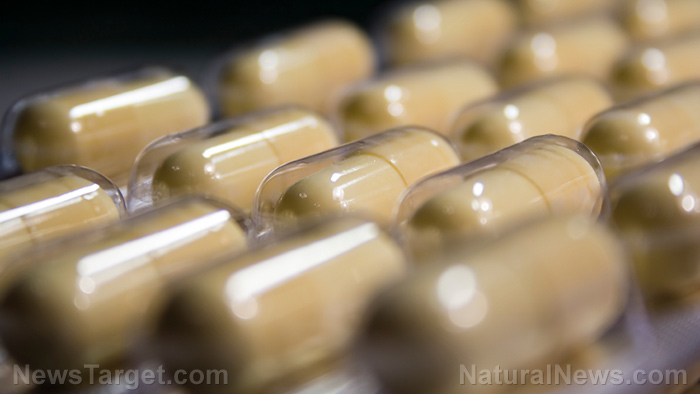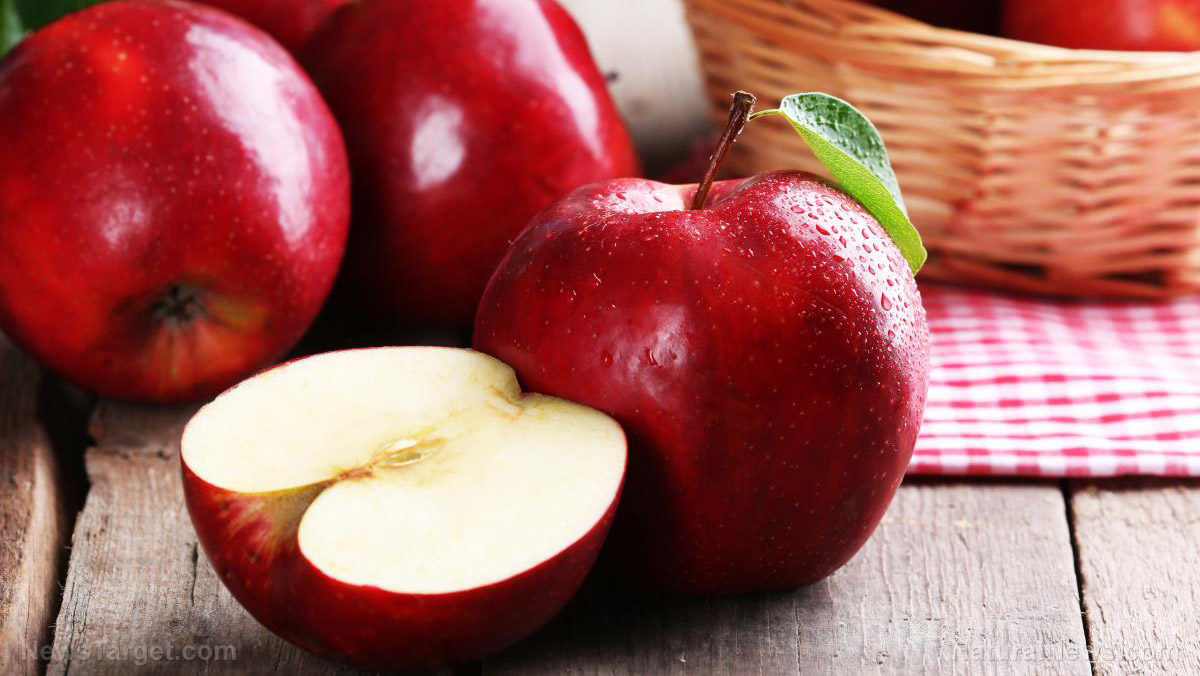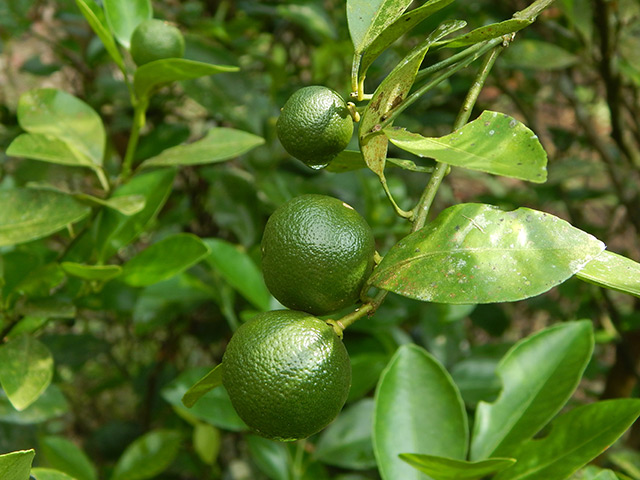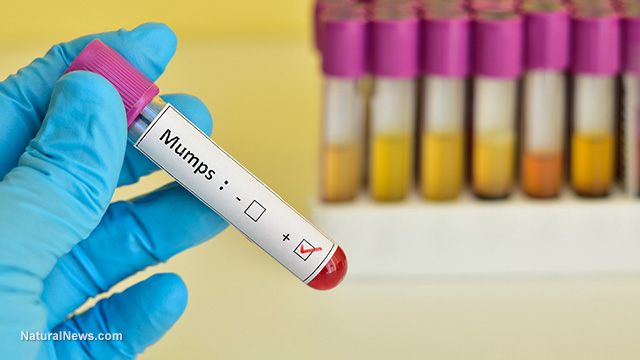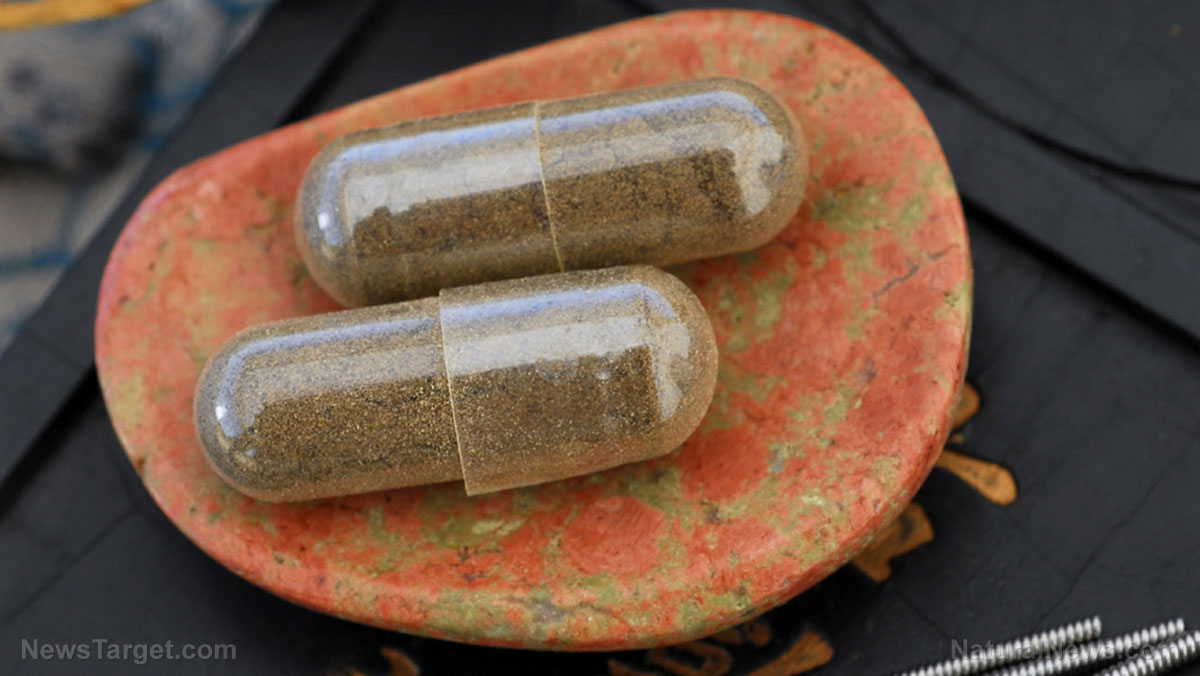Olive and mastic trees have compounds that help improve oral health
09/11/2019 / By Evangelyn Rodriguez
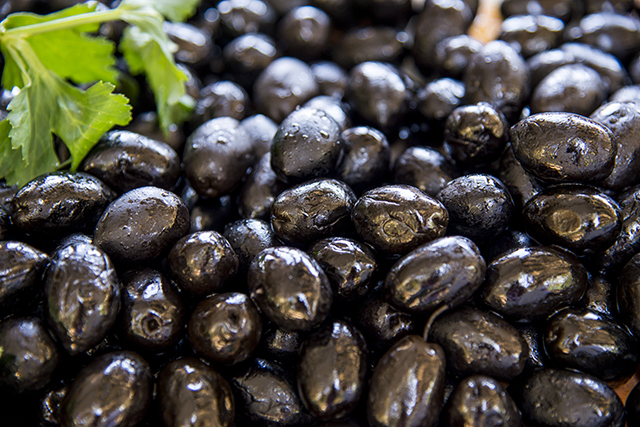
Bacteria, fungi, and viruses are integral parts of the human body. They outnumber cells 10 to one and are hosted by different systems, such as the skin, the mouth, and the gut. These microbes contribute to health through their genes, which are normally expressed into beneficial protein products. However, certain conditions can turn these microorganisms into unruly pathogens.
A classic example of this can be seen inside the oral cavity, where microbes sometimes form biofilms on the surface of teeth. These slimy buildup called dental plaque can cause gum disease and cavities and often develop antibiotic resistance. Fortunately, there are plants which produce natural antibiotics that can eliminate these types of microbes. In a new study published in BMC Complementary and Alternative Medicine, European researchers showed that the active components of olives and mastic gum are potent antimicrobials which can halt microbial growth and restore oral health.
What are phytoalexins?
Some medicinal plants are known to possess antimicrobial properties. Their antibacterial, anti-fungal, and antiviral activities can be attributed to chemicals known as phytoalexins. Phytoalexins often have antioxidant properties and are produced by plants in response to foreign invaders. Once plants are exposed to a certain pathogen, they begin synthesizing these stress-derived metabolites, which then accumulate in their system in copious amounts.
Phytoalexins have low molecular weights and come in different forms. The most extensively studied phytoalexins are flavonoids, terpenoids, glycosteroids, and polyphenols. These phytochemicals are known for their medicinal properties, which include anti-diabetic, anti-hypertensive, anti-cancer, anti-hyperglycemic, anti-tumor, anti-hyperlipidemic, neuroprotective, and anti-inflammatory properties, among others. (Related: Resveratrol – The Miracle Nutrient for Cancer, Cholesterol and Longevity.)

|
Discover how to prevent and reverse heart disease (and other cardio related events) with this free ebook: Written by popular Natural News writer Vicki Batt, this book includes everything you need to know about preventing heart disease, reversing hypertension, and nurturing your cardiac health without medication. Learn More. |
Phytoalexins from olives and mastic gum can boost oral health
Due to the increasing antibiotic resistance seen in some microorganisms, natural antibacterial agents are now being studied for their potential to treat diseases caused by bacteria. In their study published early this year, researchers from Austria, Germany, Greece, and Switzerland reported that “Mediterranean plant extracts from olive (Olea europaea), parsley (Petroselinum crispum), oregano (Origanum vulgare), thyme (Thymus vulgaris), sage (Salvia officinalis), mastic gum (Pistacia lentiscus), and false yellowhead (Inula viscosa) have shown significant inhibitory [activities] against numerous bacteria.”
To further investigate the antimicrobial potential of olive and mastic gum compounds, the researchers decided to test these phytochemicals against ten representative oral bacterial species plus a Candida albicans strain. They extracted five compounds from olives, namely, oleuropein, maslinic acid, hydroxytyrosol, oleocanthal, and oleacein. From mastic gum, they obtained three compounds, namely, 24Z-isomasticadienolic acid, oleanolic acid, and oleanonic aldehyde. They evaluated the activity of these compounds against the following bacteria:
- Streptococcus mutans
- Streptococcus sobrinus
- Streptococcus oralis
- Enterococcus faecalis
- Porphyromonas gingivalis
- Parvimonas micra
- Prevotella intermedia
- Fusobacterium nucleatum
- Escherichia coli
- Staphylococcus aureus
The first eight bacterial species are commonly found in the oral cavity, while the last two are reference bacteria that can be found in the intestine and the skin, respectively.
The researchers found that among the compounds isolated from olives, maslinic acid is the most effective against oral streptococci and anaerobic pathogenic bacteria like P. gingivalis, F. nucleatum, and P. micra. Meanwhile, oleuropein, hydroxytyrosol, oleocanthal, and oleacein showed milder but still significant effects against P. gingivalis and F. nucleatum.
Among the compounds isolated from the mastic tree, oleanolic acid proved to be the most effective against nearly all of the microorganisms. However, oleanolic acid and the other compounds from mastic gum and olives did not have any effect on P. intermedia.
Based on these findings, the researchers concluded that maslinic acid and oleanolic acid could be used to treat oral problems, especially those caused by streptococci and anaerobic oral microorganisms.
Sources include:
Tagged Under: alternative medicine, antibacterial, Antimicrobial, clean food, disease treatments, flavonoids, food cures, food is medicine, functional food, functional foods, maslinic acid, mastic tree, natural antibacterials, natural antibiotics, natural cures, natural medicine, Olea europaea, oleanolic acid, olives, oral bacteria, oral diseases, oral health, phytoalexins, phytonutrients, Pistacia lentiscus, polyphenols, remedies, research




